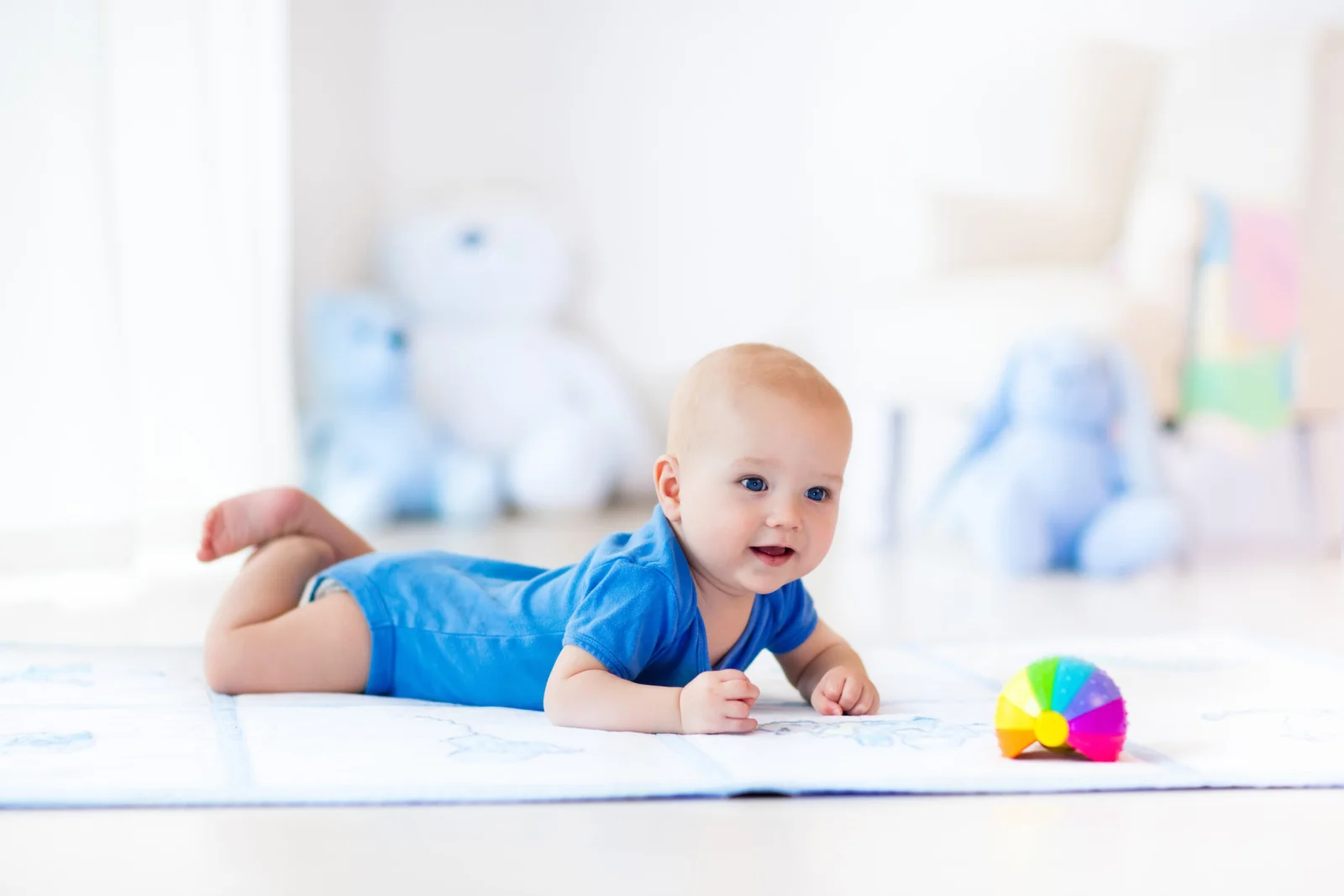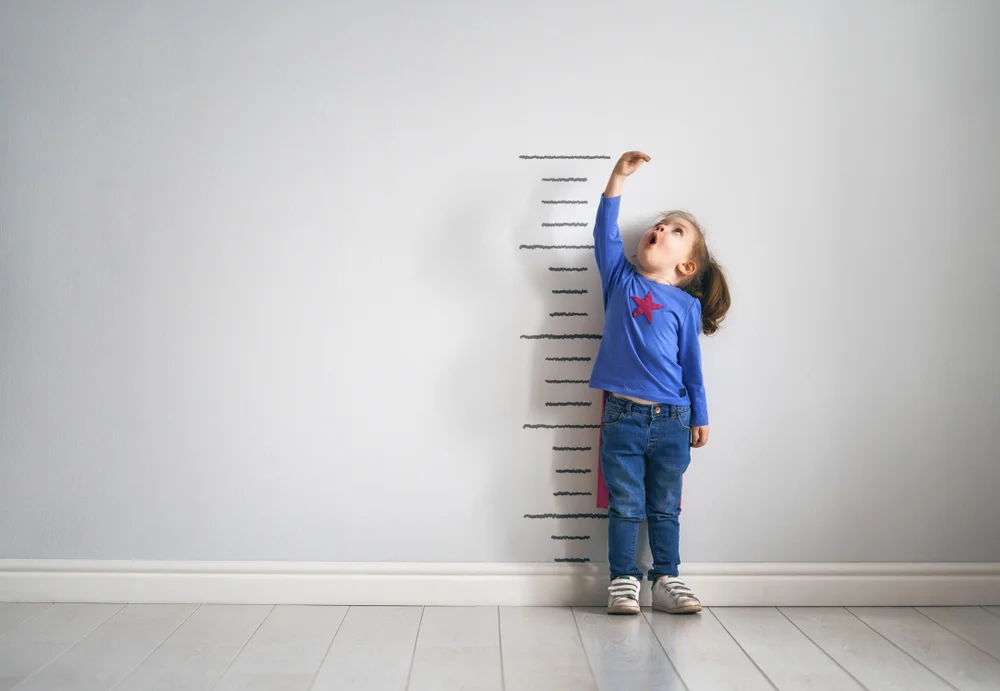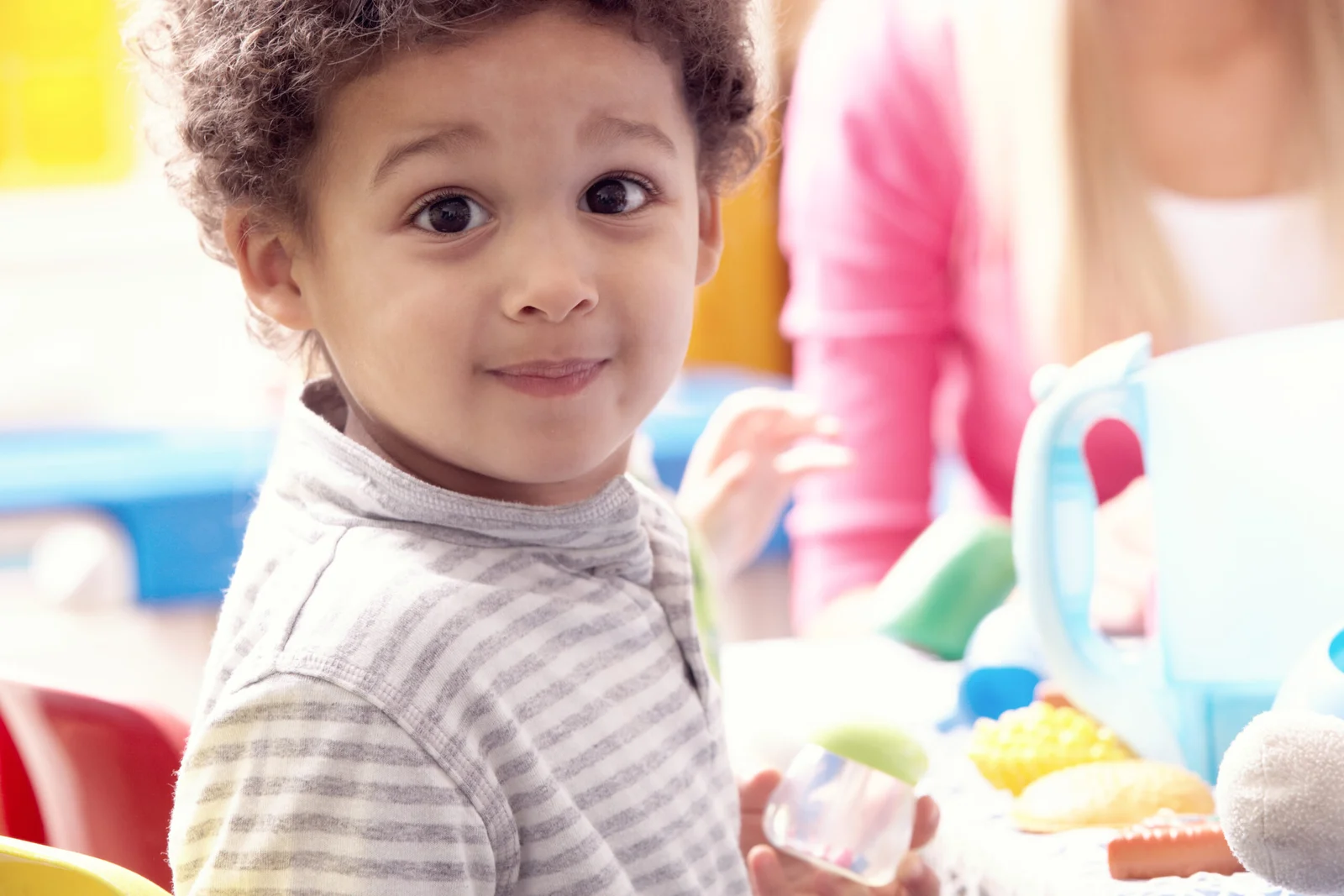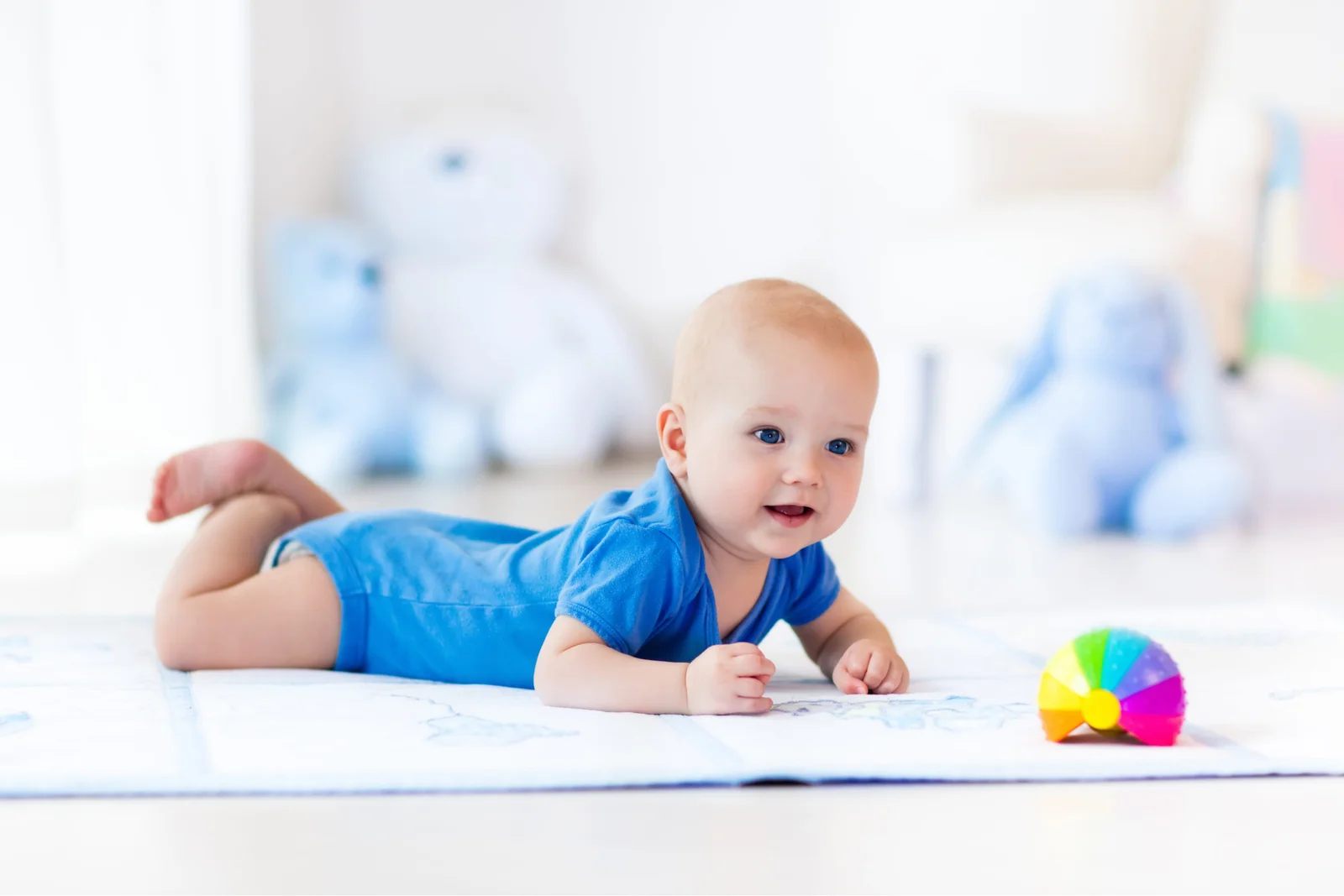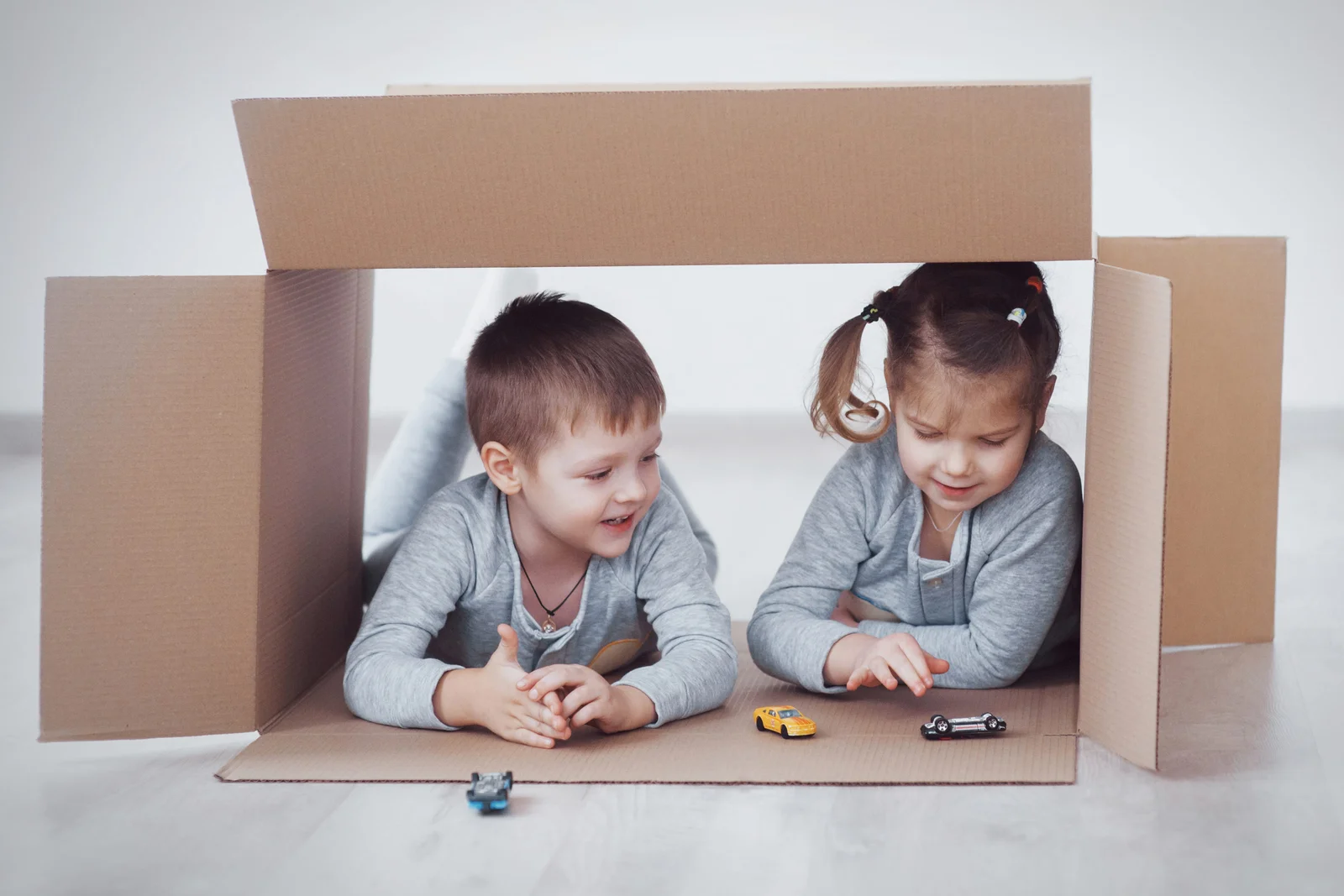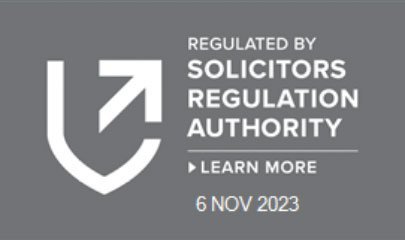As this week is Children’s Mental Health Week, we highlight how separation and divorce affects children, particularly when one parent encourages resentment and anger towards the other. We also share some practical tips for parents who believe they are experiencing parental alienation.
What is Parental Alienation?
Parental alienation is used to describe the situation when a child develops an unjustified resistance or hostility towards one parent as the result of psychological manipulation by the other parent. It effectively undermines and interferes with the child’s relationship with that parent.
Some parents do this unintentionally by occasionally saying or doing something detrimental, even though they want their child to have a good relationship with the other parent.
In high conflict divorce and separation, one parent may actively attempt to turn the couple’s child or children against the other. In such cases, the use of parental alienation is a clear sign of a parent’s inability to focus on their child’s needs.
It is distinct from situations where a child develops negative feelings towards a parent due to their own experience.
How does it affect children?
When parents separate, a child can feel as if their world has been turned upside down. It is common for children of all ages to experience feelings of loss, rejection, insecurity and fear of the unknown, which can lead to emotional and behavioural problems. Young children may express their vulnerability through sudden clinginess, nightmares, bed wetting and acting out of character. Teenagers may also act out of character, behaving rebelliously or withdrawing into themselves.
Parental alienation adds unnecessary distress and confusion. Studies have shown clear links between parental alienation and anger problems, educational issues, eating disorders and depression.
Research shows that what most children want and need in the middle of a divorce is to maintain healthy and strong relationships with both of their parents. They want to be shielded from their parents’ conflicts, not put in the middle of their power battles.
Is my child experiencing Parental Alienation?
If your child’s behaviour towards you is changing, it is sensible to consider the possibility of parental alienation. You should also be aware that many of the early signs echo the behaviour of a child who is feeling hurt or rejected.
If you are worried that your child’s other parent is turning them against you, we suggest that you first try to be honest with yourself about your relationship. Did you have a positive relationship with your child before your separation? How well have you communicated with them throughout your separation? Have you been consistent and kept your promises? Have they witnessed things during your separation that may have affected their perception of you?
Try to really listen to your child and consider their perspective when they explain their feelings, so that you can assess whether there is genuine cause for concern about anything the other parent is saying or doing.
What can I do?
If you believe that your child is experiencing parental alienation, or if your separation is affecting your relationship with them, we recommend that you act quickly and with empathy for your child.
- Open an honest dialogue with your child: Ensure your child knows they can come to you if they have questions about anything they have heard about you, or if there is something that worries them. All children, whether their parents are divorcing or not, need to be able to speak to parents directly.
- Remember actions speak louder than words: Act in a way that counters anything negative that is being said about you and avoid saying anything negative about the other parent.
- Maintain contact: If you are being prevented from seeing your child or children, act quickly to put legal contact arrangements in place. In the meantime, maintain contact through letters, cards, emails or texts, if appropriate, so that your child knows you still care, but try not to inadvertently harass a child who is feeling vulnerable. They may simply need space. Continue to express love, interest and affection towards your child even if you do not get the response that you would hope for.
- Try not to get angry with your child: Remember that your child is processing a lot of emotions and could be being manipulated, so any hurtful comments or behaviours are probably a reflection of this, rather than their true feelings towards you.
Legal Advice
Parental alienation is a terrible thing for any child or parent to experience. If you have genuine concerns about active attempts at parental alienation and your former partner is trying to prevent you from having contact with your child or children, you should seek legal advice.
Contact Louise Allard or Sabrina Bailey for more information on the steps you can take or call 020 7993 2936 to arrange a no-obligation consultation.







